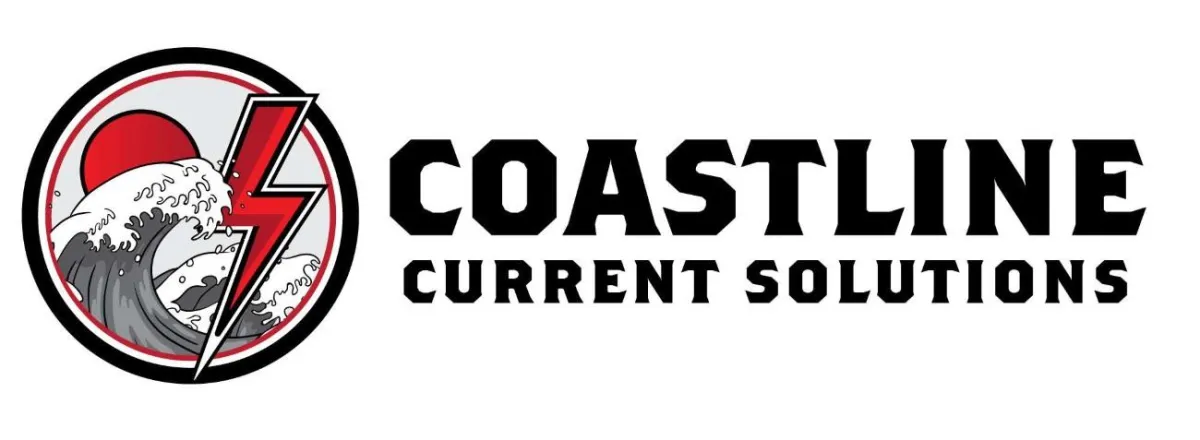Follow Us
Understanding Australia's Electrical Codes and Standards: What You Need to Know in 2025
Energy-Saving Tips For Central Coast Businesses: Cut Costs While Going Green
Tags

Understanding Australia's Electrical Codes and Standards: What You Need to Know in 2025
Understanding Australia's Electrical Codes and Standards: What You Need to Know in 2025
The Bible of Australian Electrical Work: The Wiring Rules
2025 Changes You Can't Ignore (Especially in Queensland)
Going Solar? Know Your Inverter Standards
G'day, fellow Aussies! If you've ever wondered about the invisible rules keeping your lights on and your appliances safe, you're in the right spot. Australia's electrical standards might sound like dry reading material, but they're actually the unsung heroes preventing your home from turning into a fireworks display!
Let's dive into the latest on our electrical codes and standards—without the boring technical jargon that might put you to sleep faster than a documentary about paint drying.
The Bible of Australian Electrical Work: The Wiring Rules
The AS/NZS 3000:2018, affectionately known as the "Wiring Rules," is basically the holy text for anyone touching electrical systems in Australia. Think of it as the rulebook that keeps sparkies in line and your family safe.
These rules cover everything from how your home should be wired to what safety measures need to be in place for commercial buildings. And like most things in life, they're constantly evolving.
What's New with Amendment 1?
The latest amendment to our Wiring Rules has brought some significant changes that even non-electricians should know about:
RCDs Everywhere: These life-saving devices (which cut power when they detect faults) are now mandatory on ALL sub-circuits. Yes, every single one.
Special Protection for Special Places: New rules have been introduced for high-risk areas like patient rooms in hospitals and those gorgeous but challenging heritage buildings.
And heads up 2027 will bring even more updates focused on modern tech like electric vehicle charging. The future is electric, after all!
2025 Changes You Can't Ignore (Especially in Queensland)
If you're in the Sunshine State, listen up! From January 1, 2025, Queensland has some new rules that could affect you:
No More Live Roof Work: Before anyone climbs into your roof space to work, the electrical installation must be de-energized. Safety first, convenience second!
Water Equipment Classification: From April 1, 2025, water equipment will be officially classified as "prescribed electrical equipment." This means stricter safety standards and only properly licensed folks can work on it.
This might sound like bureaucratic mumbo-jumbo, but these changes could literally save lives.
Going Solar? Know Your Inverter Standards
For the green energy enthusiasts among us (and who isn't these days?), there's big news in the inverter department.
The AS/NZS 4777.2:2020 has been updated with Amendment 2:2024, which includes provisions for electric vehicle supply equipment and generation limit control. If that sounds like alphabet soup to you, the bottom line is this: if you're installing solar or EV charging after August 23, 2025, your equipment needs to meet these new standards.
This update shows Australia's serious commitment to embracing renewable energy while keeping safety top of mind.
Why Should You Care About Electrical Standards?
I can almost hear you asking, "Why should I bother about all this technical stuff?" Well, here's why:
Legal Requirement: Following these standards isn't optional—it's the law.
Preventing Disasters: These regulations prevent electrical fires, shocks, and system failures.
Insurance Implications: Non-compliant electrical work could void your home insurance (yikes!).
Future-Proofing: Updates often accommodate new technologies, ensuring your home stays current.
Think of electrical standards as the invisible guardians of your home—not exciting until you need them!
What This Means for You
Whether you're a homeowner, business owner, or just someone who enjoys having electricity without the drama, here's your action plan:
Hiring Electricians: Always check they're licensed and up-to-date with current standards.
Renovating: Ensure any electrical work meets the latest codes, even if it costs a bit more.
Buying Property: Consider getting an electrical inspection to check compliance with current standards.
DIY Enthusiasts: Some things are better left to professionals electrical work is definitely one of them.
Wrapping Up
Australia's electrical codes and standards might not make for exciting dinner conversation, but they're crucial for keeping our homes and workplaces safe. The updates coming in 2025 reflect our country's commitment to safety, efficiency, and embracing new technologies.
So next time you flip a switch and light magically appears, spare a thought for the electrical standards working silently in the background, making sure that magic doesn't turn into mayhem.
Stay safe, stay compliant, and maybe give your electrician a thumbs up next time you see them they're navigating a complex world of rules to keep your power flowing safely!




